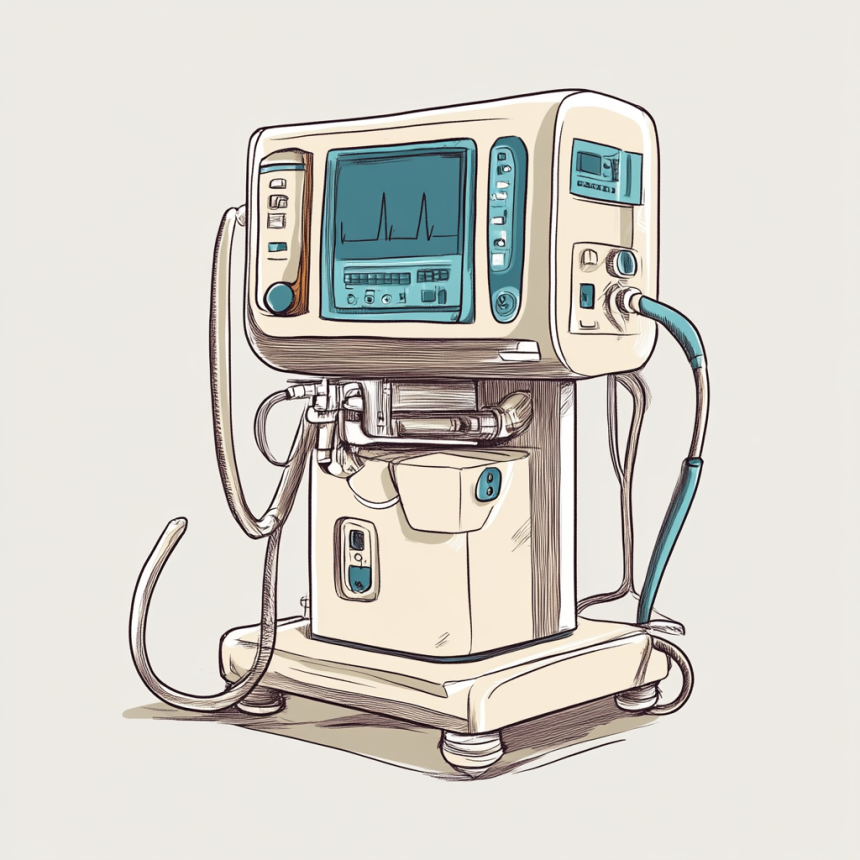As first reported by GlobeNewswire, the Association for the Advancement of Medical Instrumentation (AAMI) has announced its formal alignment with the National Academy of Medicine’s (NAM) newly released AI Code of Conduct for Health and Medicine. This 189-page document lays out six foundational commitments for the ethical development and deployment of artificial intelligence in the medical field. AAMI plans to leverage the Code across its standards-setting, education, and certification work to ensure AI in medical devices is safe, effective, and equitable.

Source: x.com/theNAMedicine.
Six commitments guiding responsible AI
The Code of Conduct emphasizes six guiding principles: Advance Humanity, Ensure Equity, Engage Impacted Individuals, Improve Workforce Well-Being, Monitor Performance, and Innovate and Learn. These commitments serve as a practical framework for evaluating AI technologies across the healthcare sector. AAMI’s Chief Learning and Development Officer, Robert Burroughs, noted the Code’s potential to unify and inform AAMI’s efforts, offering members and stakeholders a shared ethical foundation as AI becomes increasingly central to medical device innovation.
Supporting standards and sector-wide adoption
AAMI Vice President of Standards, Matt Williams, highlighted the Code’s utility in supporting the development of regulatory-ready guidance documents, especially as AAMI committees address the fast-evolving AI landscape. The organization also plans to produce an executive summary of the AICC later this year to make the 189-page document more accessible. To further facilitate adoption, NAM’s Senior Advisor Laura Adams authored a companion guide titled Why and How to Use the NAM AICC, aimed at helping organizations navigate and apply the Code effectively.
Collaborative effort led by industry leaders
The AICC was the result of a robust, expert-driven review process that included contributions from leading figures in the field, such as Bakul Patel, Google’s Senior Director of Global Digital Health Strategy and AAMI board member, and Pat Baird, Regulatory Head of Global Software Standards at Philips. Their involvement, alongside AAMI leadership like Timothy Hsu, reflects a collaborative approach to establishing meaningful and practical AI governance in healthcare.
With its adoption of the NAM AI Code of Conduct, AAMI is taking a proactive role in shaping the ethical integration of AI in medical technology. By aligning with a clear and actionable framework, the organization reinforces its commitment to safety, innovation, and equity in a field where the responsible use of AI is critical to public trust and clinical impact.





